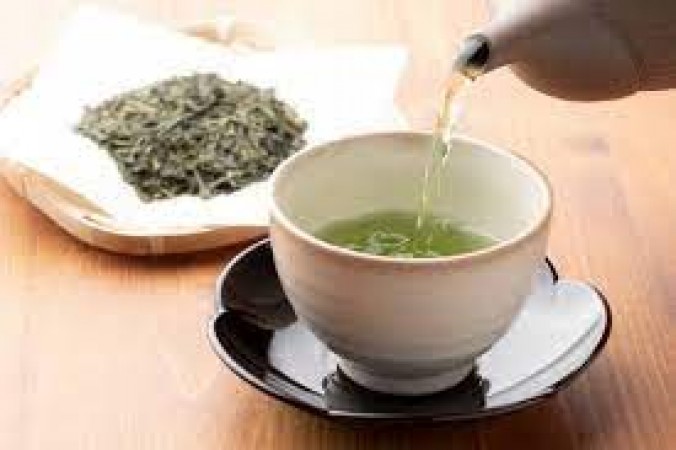
Tea, a beloved beverage enjoyed by millions worldwide, has numerous health benefits. However, there's a debate about whether it's advisable to consume it on an empty stomach, particularly in the morning. Let's delve into the insights of dietitians to understand the potential disadvantages of starting your day with tea.
The Acidity Conundrum
One of the primary concerns raised by dietitians is the acidity level of tea. While tea itself isn't highly acidic, some varieties, such as black tea and green tea, contain tannins and caffeine, which can increase stomach acid production. For individuals prone to acid reflux or gastritis, drinking tea on an empty stomach may exacerbate these conditions, leading to discomfort and irritation.
Impact on Digestive Enzymes
Drinking tea before eating breakfast may interfere with the body's natural digestive process. Tea contains compounds that can inhibit the absorption of certain nutrients, such as iron and calcium, when consumed in isolation. This interference with nutrient absorption could potentially lead to deficiencies over time, especially if tea becomes a habitual morning ritual.
Stimulation of Bowel Movements
For some individuals, the caffeine content in tea can act as a stimulant, prompting bowel movements shortly after consumption. While this may be beneficial for those seeking relief from constipation, it could also trigger urgency and discomfort, particularly when there's no food in the stomach to help regulate the digestive process.
Potential Dehydration
Although tea is primarily composed of water, it also possesses diuretic properties due to its caffeine content. Drinking tea on an empty stomach in the morning may exacerbate dehydration, especially if individuals fail to follow it up with adequate hydration throughout the day. Dehydration can lead to various health issues, including headaches, fatigue, and decreased cognitive function.
Increased Risk of Nausea
For some individuals, particularly those with sensitive stomachs, consuming tea on an empty stomach may induce feelings of nausea or queasiness. This adverse reaction can be attributed to the combination of caffeine and tannins irritating the stomach lining, especially when there's no food present to help buffer its effects.
The Importance of Moderation and Timing
While there are potential disadvantages to drinking tea on an empty stomach, moderation and timing play crucial roles. For individuals who enjoy tea in the morning, it's advisable to do so after eating a small meal or snack to minimize its impact on stomach acidity and nutrient absorption. Additionally, opting for herbal teas or decaffeinated varieties can reduce the risk of unwanted side effects while still providing a comforting beverage option.
In conclusion, while tea offers numerous health benefits, consuming it on an empty stomach in the morning may pose certain disadvantages, as highlighted by dietitians. By being mindful of acidity levels, nutrient absorption, and individual tolerance, individuals can make informed choices about when and how to incorporate tea into their daily routine.
If you are defrauded through call, message or WhatsApp, then complain here